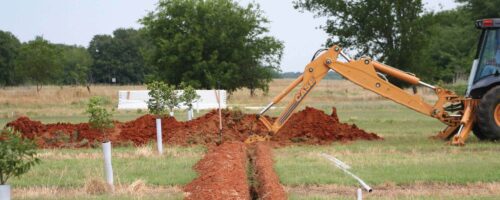Tag: noble news and views
Categories
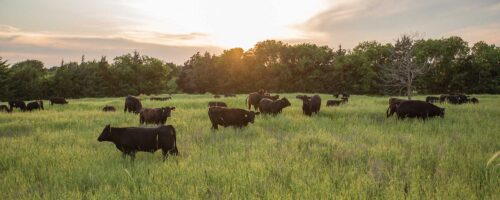
Grazing management benefits cattle and deer
Estimated reading time: 4 minutes
Grazing lands provide forage for livestock, habitat for wildlife and recreational opportunities such as h...
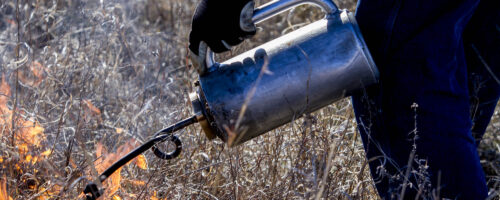
Drip torches facilitate effective prescribed burns
Estimated reading time: 4 minutes
If I could have only four tools to conduct prescribed burns or fight wildfires, they would be matches, a...
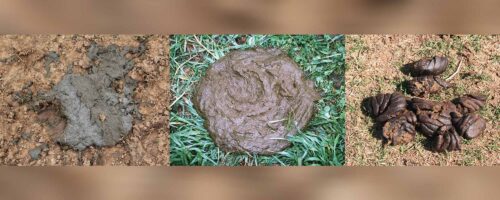
Manure scoring determines supplementation needs
Estimated reading time: 3 minutes
By October, winter is just a few pages away on the calendar. With the change in season and forages enteri...
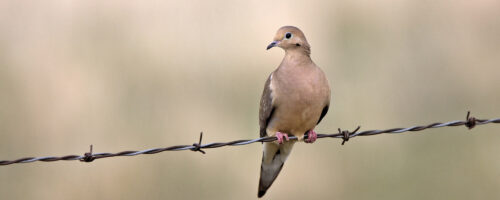
Resource management aids mourning dove migration
Estimated reading time: 3 minutes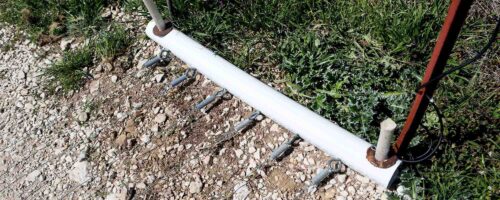
Electric Cattle Guard Saves Time
Estimated reading time: 3 minutes
The electric cattle guard lets us easily manage our herd without fear of them crossing it and wandering i...
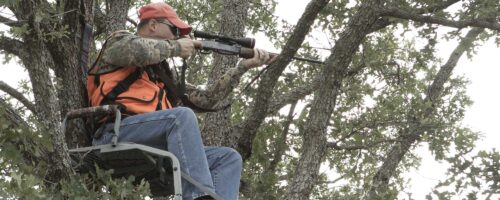
Hunting Season Begins With a Review of Safety
Estimated reading time: 3 minutes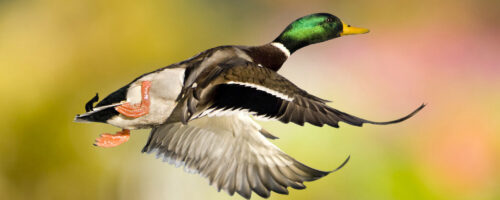
Food Choice Plays Key Role in Attracting Migratory Ducks
Estimated reading time: 3 minutes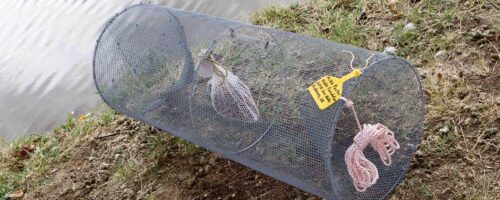
Funnel Trap Fish Survey
Estimated reading time: 4 minutes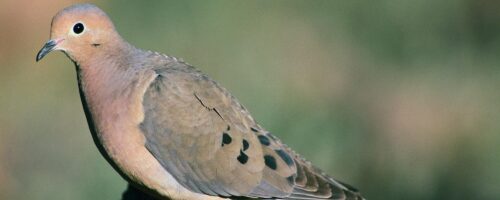
Mourning Dove Abundance Can Be Managed
Estimated reading time: 3 minutes
Using Surface Water for Drip Irrigation
Estimated reading time: 4 minutes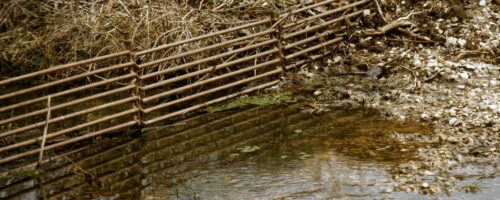
Panel-Type Parallel-Bar Fish Barriers
Estimated reading time: 3 minutes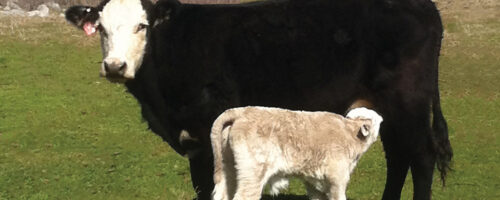
The Advantages of Crossbreeding
Estimated reading time: 5 minutes
Selecting replacement females is challenging, especially when you consider that decisions made now will i...
Drought-Induced Poisonings are Dangerous to Livestock
Estimated reading time: 4 minutes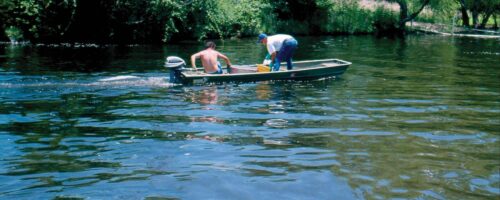
Fish Population Renovation During Drought
Estimated reading time: 4 minutes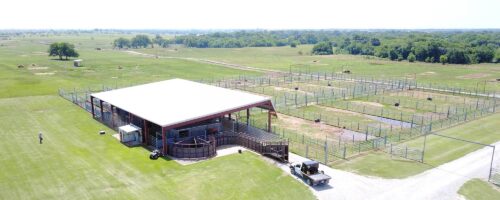
Cattle Handling Facilities
Estimated reading time: 4 minutes